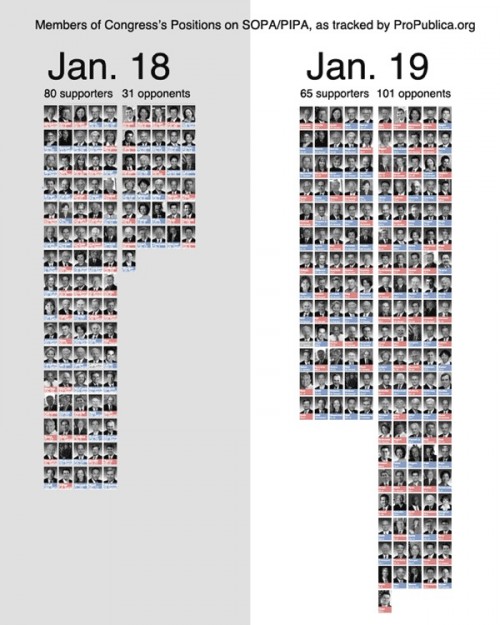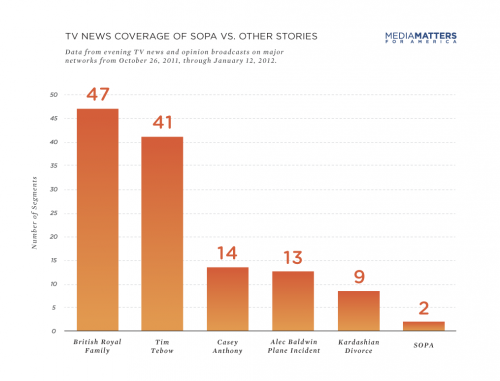Since outright hatred and discrimination of people because of their race is no longer socially acceptable in our post Civil-Rights era, many argue racism no longer exists. But sociologists suggest that racism simply changed, becoming more implicit and indirect.
Eduardo Bonilla-Silva argues that the new racism entails individuals saying and doing things that perpetuate racial stereotypes and inequalities, but they do so in such a way that the offender is able to deny being explicitly racist. One of the many types of new racist strategies Bonilla-Silva highlights is the use of racially charged code speak, or using indirect racial rhetoric and semantic moves to express an ideology that serves to reinforce white dominance over minorities.
The Daily Show’s Larry Wilmore illustrates the code speak implicit in presidential candidate Newt Gingrich’s suggestion that we combat poverty by hiring poor children to clean the restrooms at their schools. In the clip below, Wilmore notes that “it’s 2011, and you can’t just call Black people lazy,” and then points out Gingrich’s racial code speak. He notes Gingrich’s statement about “neighborhoods where they may not have that experience [of working]” is “code for inner-city, which is code for urban, which is code for Black.” Gingrich’s statement about poor children having “no habit of showing up [to work] on Monday” is “code for shiftless, which is code for lazy, which is code for black.” Wilmore then plays more of Gingrich’s speech where the presidential candidate cites statistics about Black unemployment, thereby making his implicit racial assumptions explicit:
.
The clip also points out how racial ideology engages very different explanations for the causes of poverty depending on the race of those affected. Wilmore notes, “when Black people are poor it’s their fault because they are lazy and on welfare, but down in poor Appalachia it’s not your fault; it’s China’s fault, or India’s fault, or all the money we’re spending on Black people on welfare.”
When John Stewart asks why this is important, Wilmore points out how the causes of poverty “matter to the solutions,” thereby pointing out Gingrich’s implicit prejudices of nonwhite inferiority with his proposal that Black poverty could be eliminated by hiring children to clean toilets (and Gingrich reaffirmed his support for this idea at a GOP primary debate last week, to wild crowd applause). Similarly, Rick Santorum is now defending himself after saying, “I don’t want to make black people’s lives better by giving them somebody else’s money,” ignoring the fact that most recipients of government aid are White and the vast majority of Blacks are employed and do pay taxes to support the social safety net citizens of all races use. In both cases, the message is clear: African Americans are deficient, with no work ethic, and the solution to poverty is entirely at the individual level, with no need for larger structural changes.
—————————-
Jason Eastman is an Assistant Professor of Sociology at Coastal Carolina University who researches how culture and identity influence social inequalities.
If you would like to write a post for Sociological Images, please see our Guidelines for Guest Bloggers.








